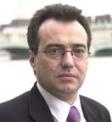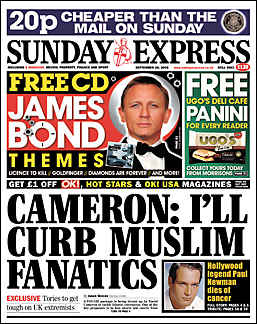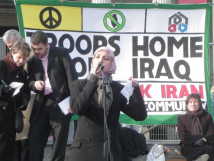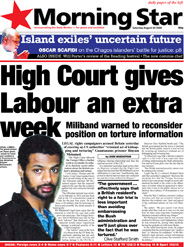A group of Muslims in Reading feel victimised by a Government initiative designed to tackle violent extremism and feel it could cause more harm than good. A crisis group has been set up with the support of more than 1,000 Muslims in Reading who object to the local steps being taken under the Government’s Preventing Violent Extremism (PVE) strategy launched this year.
Reading Borough Council was picked as a pilot area for the Department for Communities and local Government’s counter-terrorism strategy which aims to challenge violent extremist ideology, support vulnerable individuals being targeted and recruited to extreme causes and increase the resilience of the community towards violent extremism.
But Reading Muslim Preventing Violent Extremism (PVE) Crisis Group said since it started, Muslim groups in the town have become disillusioned with the project which started off as a collaborative effort between organisations and community groups in Reading. It is concerned about a new PVE toolkit which will be provided to school teachers to look out for signs of “radicalisation” in pupils – a move which the group labels “absurd and disturbing”.
A statement from the group to Michael Coughlin, chief executive of Reading Borough Council, and Superintendent Steve Kirk said: “The PVE work relies on a number of volatile terms such as ‘extremism’, ‘violent extremism’ and ‘radicalisation’. These terms are undefined but have been used by members of the Government to demonise the Muslim community by equating Islamic values such as the desire for Muslim unity and adherence to Sharia law with ‘extremism’ or ‘violent extremism’.
“Communities don’t commit crimes, individuals do. However, the Government narrative on the causes of the cycle of violence we see occurring in the context of PVE blames an ‘ideology’ as the overriding cause for people’s radicalisation. This is in stark contrast to the way that the political troubles in Northern Ireland, South Africa and Sri Lanka was identified. This narrative firmly puts the blame for the cycle of violence at the door of Islam and the Muslim community.”

 Only two weeks in his post, Britain’s new immigration minister believes that hijab should not be allowed at British schools. “People wear veils for different reasons: some out of religious conviction. some because they’re forced to. It should be up to them,” Phil Woolas told
Only two weeks in his post, Britain’s new immigration minister believes that hijab should not be allowed at British schools. “People wear veils for different reasons: some out of religious conviction. some because they’re forced to. It should be up to them,” Phil Woolas told  A tough package is being drawn up by David Cameron to tackle Islamic extremism. One of the key proposals is to ban sharia law courts from operating in this country.
A tough package is being drawn up by David Cameron to tackle Islamic extremism. One of the key proposals is to ban sharia law courts from operating in this country. “The recent convictions of three young Muslim men on charges of conspiracy to cause explosions highlight the ongoing and real threat of terrorism. In video messages explaining their motivations the culprits make a clear and explicit linkage between their intentions and the impact of Western foreign policy in Muslim lands.
“The recent convictions of three young Muslim men on charges of conspiracy to cause explosions highlight the ongoing and real threat of terrorism. In video messages explaining their motivations the culprits make a clear and explicit linkage between their intentions and the impact of Western foreign policy in Muslim lands. Ministers should review plans to build a “mega-mosque” in the East End in the wake of the airline bomb plot trial, the Tories urged today.
Ministers should review plans to build a “mega-mosque” in the East End in the wake of the airline bomb plot trial, the Tories urged today. By Louise Nousratpour
By Louise Nousratpour